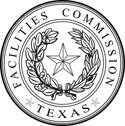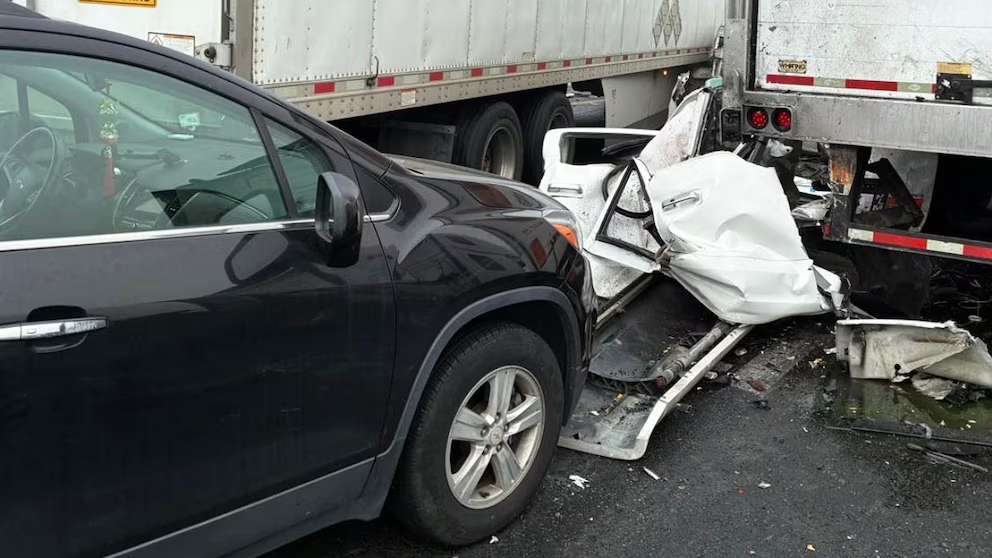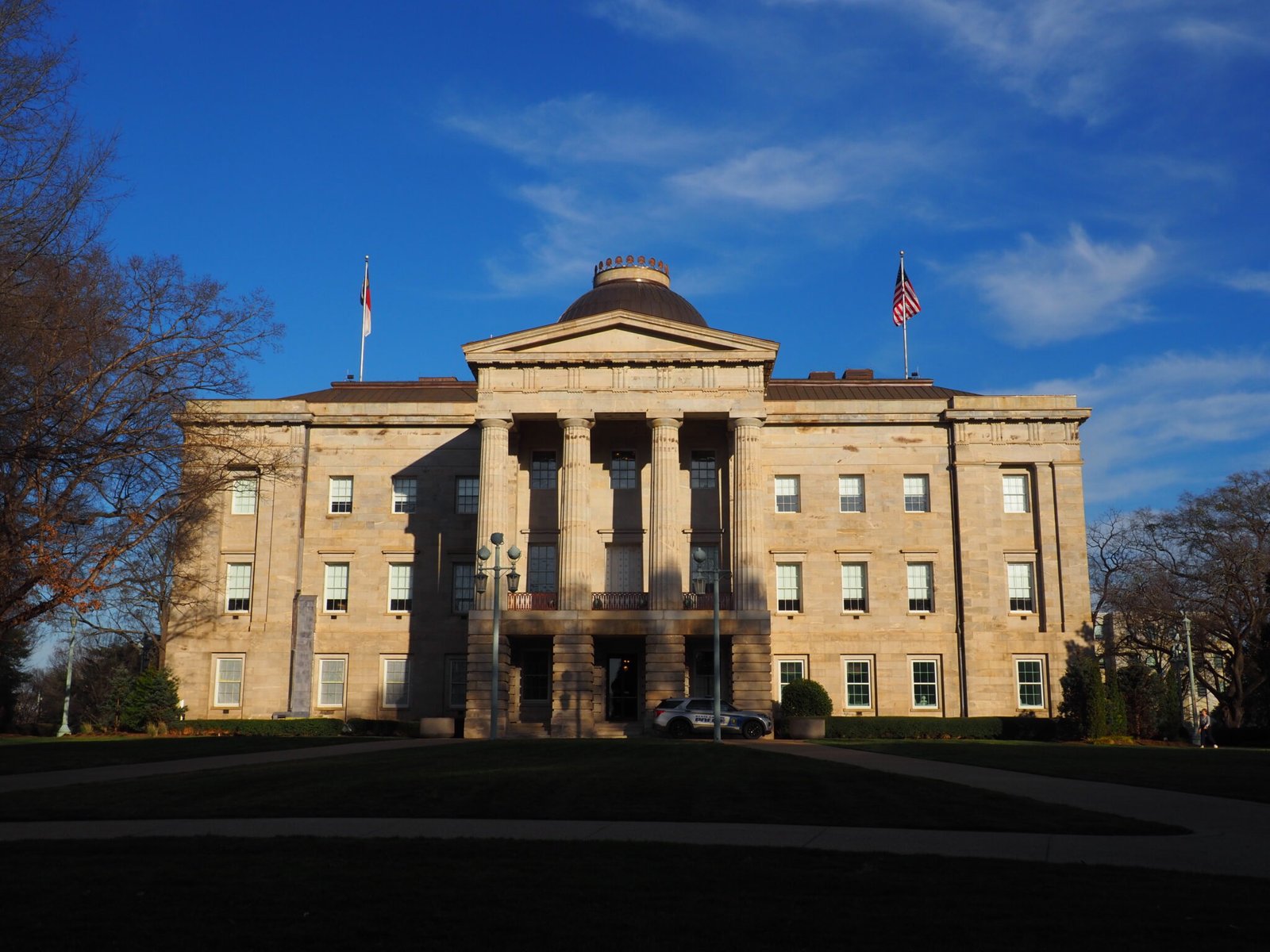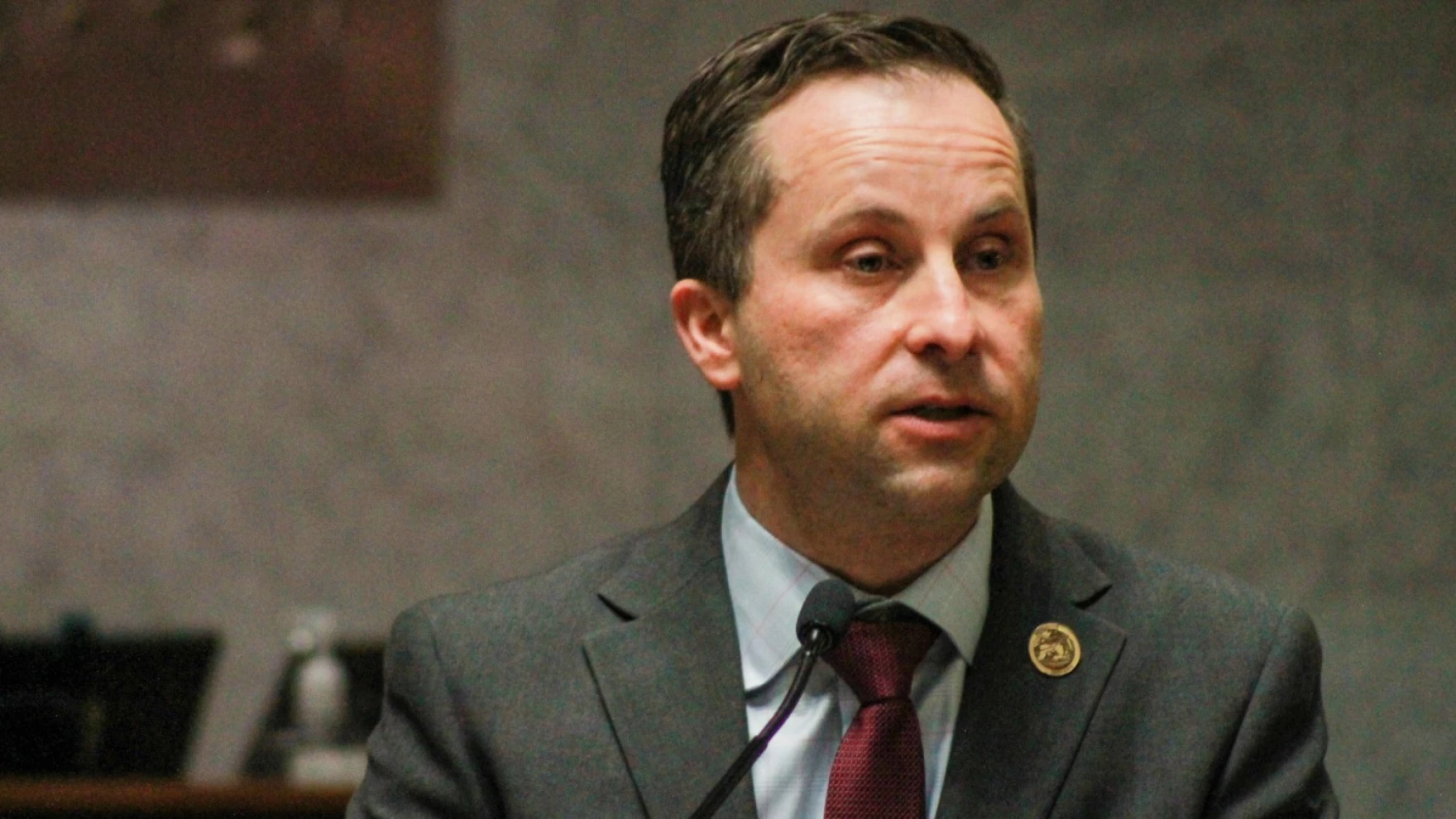The Texas Facilities Commission (TFC) is a state government agency responsible for managing state-owned buildings and facilities across Texas. Its core duties include overseeing maintenance, construction, and the operation of public buildings used by various state agencies. The commission ensures that these facilities meet the needs of government operations efficiently, safely, and with proper stewardship of state resources.
In recent years, the Texas Facilities Commission has taken on an expanded role in managing one of the state’s most ambitious infrastructure projects—the construction of the Texas border wall. This project, aimed at strengthening border security, has become a significant focus for Texas officials who want to reduce illegal crossings along the U.S.-Mexico border. The commission was tasked with managing the construction efforts related to this border barrier.
The Texas border wall project, however, faces several major hurdles. The commission initially set a goal to complete at least 100 miles of the wall by 2026. Despite this target, funding shortages have created substantial obstacles to reaching that milestone. With only about 65 miles of the planned 805 miles of wall currently completed, and approximately 83 miles possible to finish with existing funds, the commission’s ability to advance the project remains constrained. The agency’s executive director has not publicly commented on the latest status or future plans for the wall’s construction.
Funding is just one of the many challenges the Texas Facilities Commission must navigate. Land ownership along the Texas-Mexico border is another critical issue. Much of the land near the Rio Grande River is privately owned, and Texas state law prohibits the use of eminent domain for border wall construction. This restriction means the commission cannot simply acquire land through legal authority but must instead negotiate with property owners for permission to build. Nearly a third of landowners approached by the state have refused access, leaving significant gaps in the planned barrier.
Because of these refusals and legal limitations, the wall’s route depends heavily on where the state can secure permission to build rather than where physical barriers would be most effective. This situation complicates the commission’s task of creating a continuous and effective border wall. Many experts argue that barriers would be most useful in urban areas where illegal crossings are more frequent, but much of the wall so far has been built on rural ranch lands where it has less impact.
The Texas Facilities Commission’s management of the border wall project highlights the broader role the agency plays in overseeing large-scale state infrastructure developments. Beyond the wall, the commission is responsible for the upkeep and construction of public buildings and facilities across Texas, supporting the functioning of state agencies in various capacities.
The border wall effort also reflects political priorities. The project became a key policy point under Governor Greg Abbott, especially in response to the federal government’s immigration policies during the Biden administration. Abbott’s administration has focused on border security through programs such as Operation Lone Star, which emphasizes law enforcement actions along the border rather than solely physical barriers.
Despite the commission’s efforts, the future of the Texas border wall project is uncertain. Lawmakers recently decided to stop funding new construction of the wall, redirecting resources toward other border security initiatives. The Texas Facilities Commission now faces the challenge of managing a complex and costly project with limited resources and uncertain political support.
The commission must balance its responsibility to complete state infrastructure projects with these practical difficulties. How the Texas Facilities Commission navigates this landscape will play a significant role in shaping Texas’s border security approach in the years to come. The agency’s ability to coordinate with other state departments, manage funds efficiently, and work within legal constraints will determine the progress of the border wall and other facility projects statewide.







